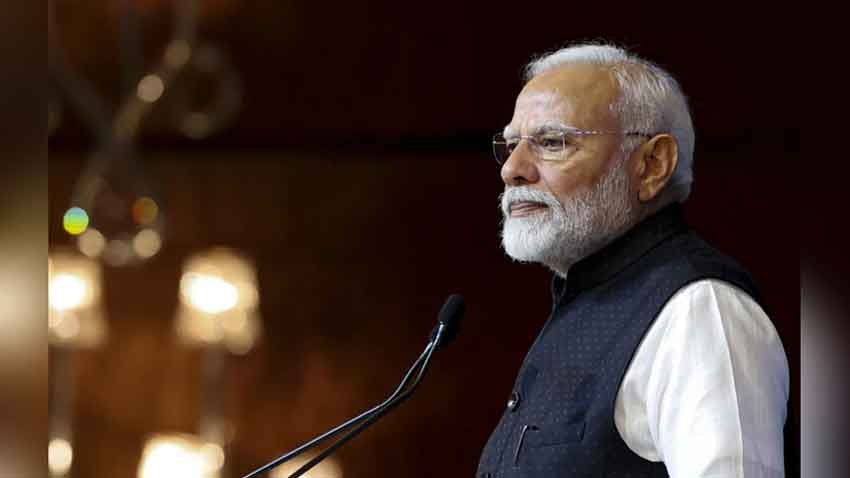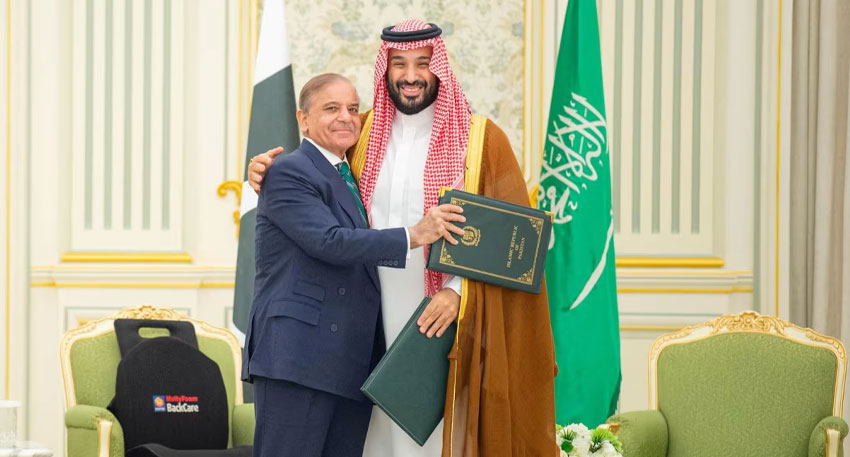
A Journey from 2007 to 2025
In 2007, India was confident under Manmohan Singh. Its economy was growing, diplomacy looked strong, and optimism filled New Delhi. Pakistan too was reshaping itself—reforming the economy, decentralizing power, and balancing ties with regional players.
Two decades later, Pakistan’s trajectory has been shaped by its citizens, leaders, and allies. But unexpectedly, the article claims Narendra Modi deserves credit too. His attempts to isolate and weaken Pakistan often produced the opposite effect—a classic “backfire effect.”
Busting the Secular Myth
For years, Pakistan argued that India’s secularism was only an illusion. The world dismissed it. But Modi’s politics, from the Gujarat riots in 2002 to elections in 2025, openly revealed cracks. Global media now highlight India’s religious divides, a narrative once ignored when voiced by Pakistan.
Partition Logic Revisited
Partition was a painful separation, but under Modi, its logic looks sharper. The piece argues that minorities in India still face systemic discrimination, caste barriers, and second-class status. What textbooks once tried to prove, Indian headlines now show daily—the Two-Nation Theory validated in practice.
Kashmir’s Reality Unveiled
For decades, Kashmir’s struggle was muffled by India’s democratic image. Pakistan supported the cause, but one voice had limits. Then came Modi’s boldest move: revoking Article 370. Instead of burying the issue, it revealed the truth—Kashmiris would never enjoy freedom of choice under Indian control.
From Jets to Chai Diplomacy
In 2019, when an Indian pilot was captured, Pakistan treated him with dignity, served him tea, and returned him safely. The world saw a stark contrast: India sent fighter jets, Pakistan sent courtesy. By 2025, the scoreboard in aerial clashes tilted “6-0” in Pakistan’s favor, a symbolic moment of military confidence.
Diplomatic Confusion, Strategic Lessons
India’s attempts to balance Quad and BRICS, support Ukraine while backing Russia, are portrayed as contradictions. For Pakistan, the lesson was clear: avoid being everywhere at once, or risk ending up nowhere. Modi’s moves became examples of what not to do in global diplomacy.
Economic Missteps as Warnings
From Russian oil deals to high tariffs under “Make in India,” policies meant to boost India reportedly backfired. Markets adjusted, exporters struggled, and Pakistan quietly learned to avoid repeating such costly mistakes.
Leadership in South Asia Vacated
By boycotting summits and reducing engagement, India allegedly surrendered regional leadership. Each empty chair at international tables became an opportunity for Pakistan to strengthen its role.
Media’s Hollow Echo
Indian media, once considered vibrant, is accused of turning into “godi media”—cheering power instead of questioning it. At home, it may dominate, but abroad, the narrative sounds weak. By contrast, Pakistan gained credibility on international platforms.
Ties with Israel and Muslim World Doubts
Modi’s close embrace of Netanyahu and reliance on Israeli technology in 2025 sparked mistrust in Muslim countries. Instead of strengthening India’s ties, the move revived the Palestinian cause and raised doubts across the Muslim world about India’s real intentions.
An Unintended Gift
The article closes with sarcasm: Modi’s policies gave Pakistan clarity, victories, and space it could not achieve alone. On his birthday, it invites Pakistanis to share their own “thank you” notes to Modi, suggesting that history may record his leadership as a gift to his rival.
This is a strong opinion piece, written with sharp sarcasm. It argues that Modi’s bold policies backfired and ended up benefiting Pakistan. The tone is provocative and political, mixing history, diplomacy, and military references. It highlights an important truth: in rivalry, even strong moves can produce surprising results.




